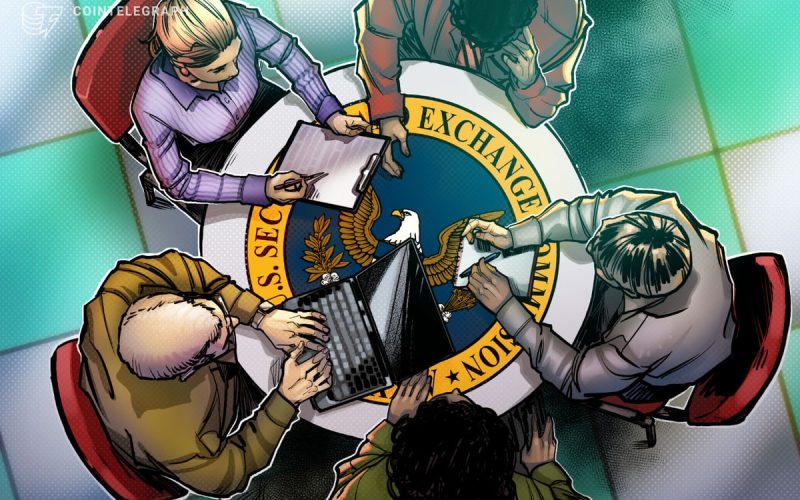The U.S. Securities and Exchange Commission (SEC) is actively addressing the complexities of digital asset regulation through its dedicated cryptocurrency task force. As of 2025, the task force, led by Commissioner Hester Peirce, is set to hold a public roundtable focused on critical issues such as financial surveillance and privacy on October 17, marking its sixth event since the departure of former SEC Chair Gary Gensler. This initiative reflects the SEC’s commitment to engaging with stakeholders and adapting its policies to the evolving landscape of digital assets.
According to a recent notice from the SEC, the upcoming roundtable aims to explore recent developments in privacy-protecting tools. Commissioner Peirce emphasized that understanding these tools will be essential for the SEC and other financial regulators as they craft policy solutions in the crypto sphere. The series of roundtables, which began in August and will continue through December, is part of a broader strategy to engage with market participants and refine regulatory approaches.
In conjunction with these discussions, the SEC has proposed significant rule changes that could reshape the operational landscape for cryptocurrency firms. On a recent Thursday, the commission introduced proposals for “certain exemptions and safe harbors” related to the offer and sale of crypto assets. Furthermore, modifications to “broker-dealer financial responsibility rules” aim to ease the regulatory burden on U.S.-based crypto companies, promoting a more conducive environment for innovation.

Since the beginning of 2025, both the SEC and the Commodity Futures Trading Commission (CFTC) have appeared to adopt a less aggressive stance regarding enforcement actions against crypto companies, having dropped several investigations and lawsuits. The CFTC’s current leadership, now under Acting Chair Caroline Pham, has indicated a willingness to align their regulatory framework with the White House’s directives on cryptocurrency policy.
In the past week, the two regulators announced plans to explore the potential for 24/7 capital markets and regulations pertaining to crypto derivatives. They also aim to establish a coordinated effort to oversee spot crypto trading, aligning with recommendations from the President’s Working Group on Digital Asset Markets published in July.
Looking ahead, the authority and responsibilities of the SEC and CFTC may soon be influenced by proposed legislation currently navigating through Congress. The U.S. Senate is considering the Responsible Financial Innovation Act, a digital asset market structure bill that could be enacted before 2026, as highlighted by Senator Cynthia Lummis, one of the key advocates for its passage.
“Understanding recent developments in privacy-protecting tools will assist the SEC and other financial regulators as we work on policy solutions in the crypto space,” said Peirce.
As the regulatory landscape continues to evolve, industry participants and stakeholders are encouraged to stay informed about the outcomes of these roundtables and proposed rule changes. The SEC’s ongoing engagement with the crypto community is pivotal as it seeks to balance innovation with investor protection.
For more information on the SEC’s initiatives and the cryptocurrency regulatory environment, visit Cointelegraph.









